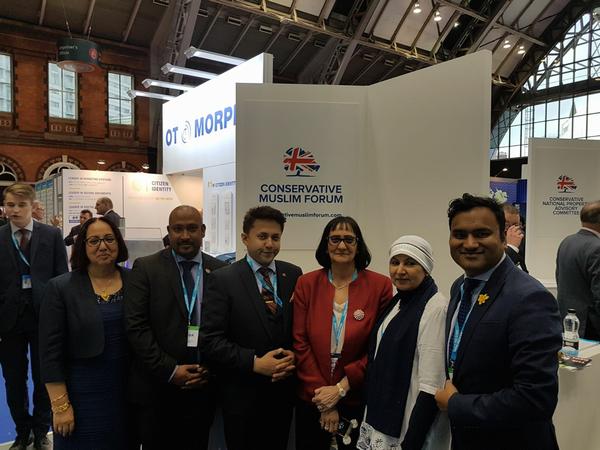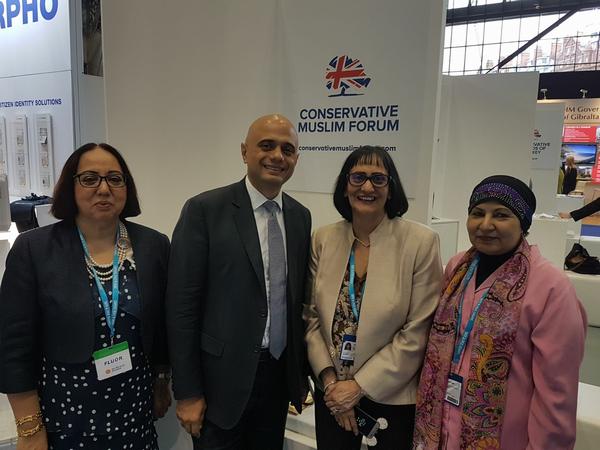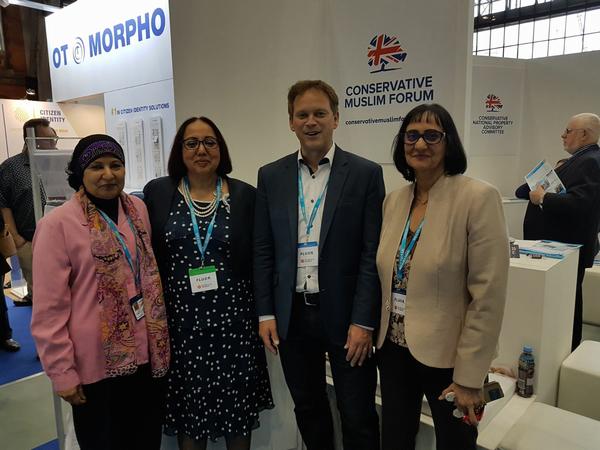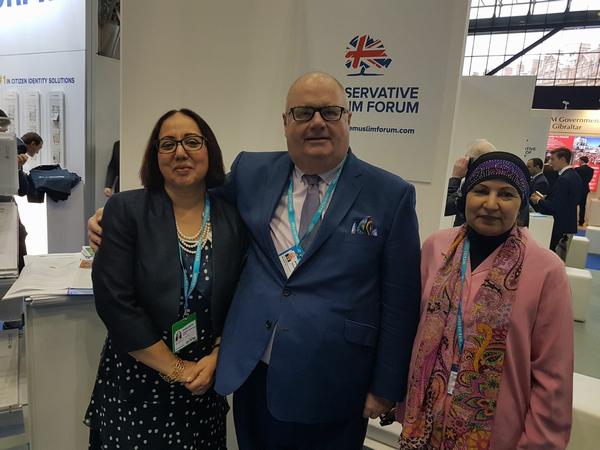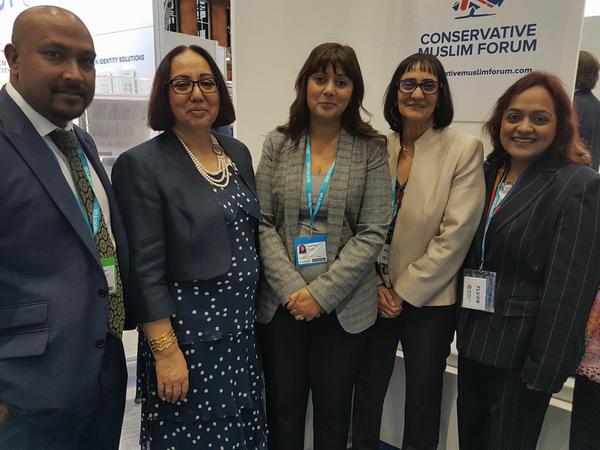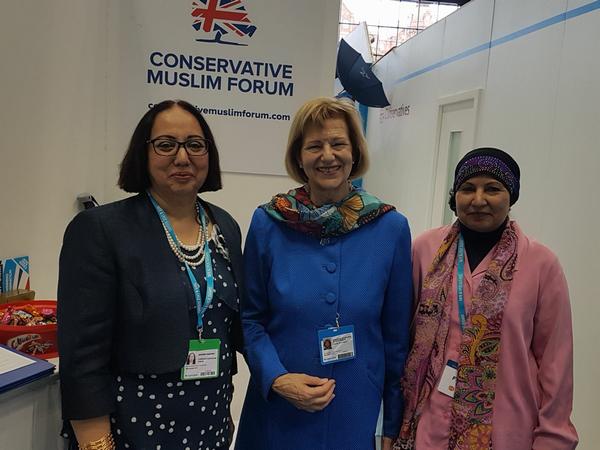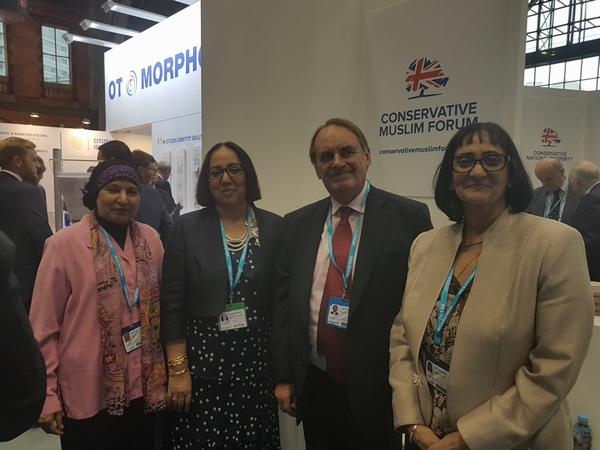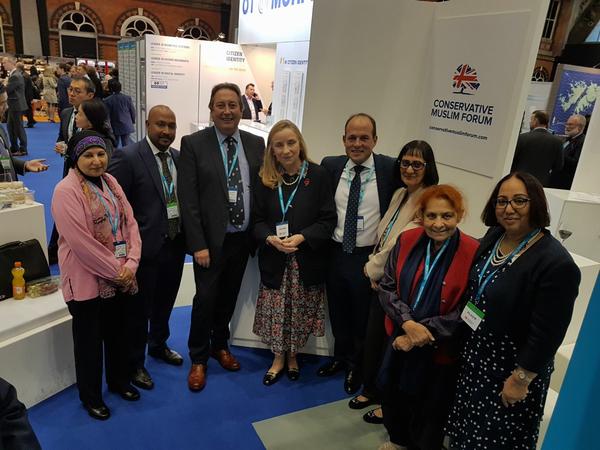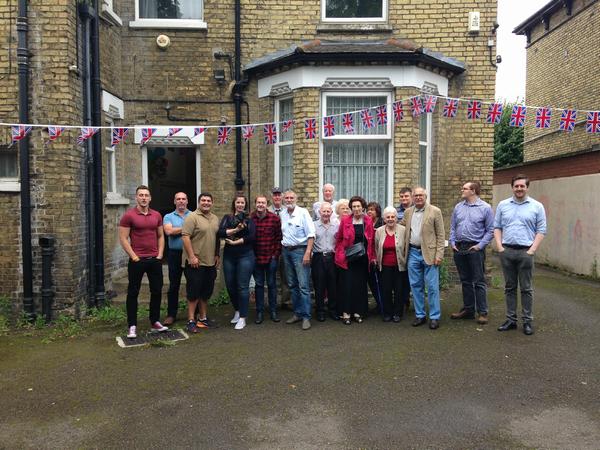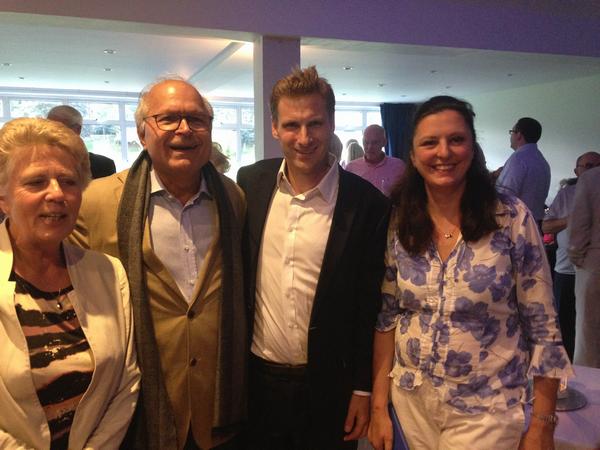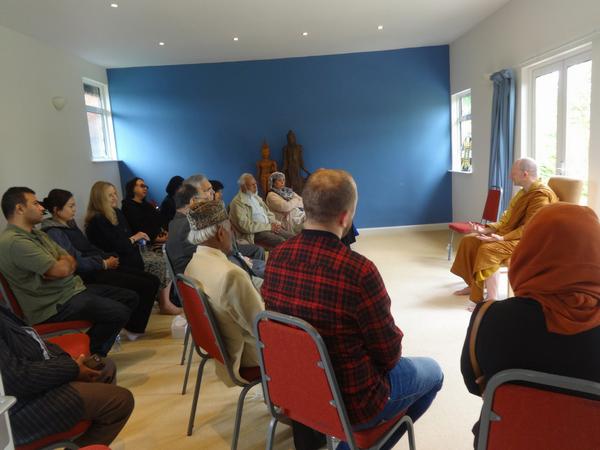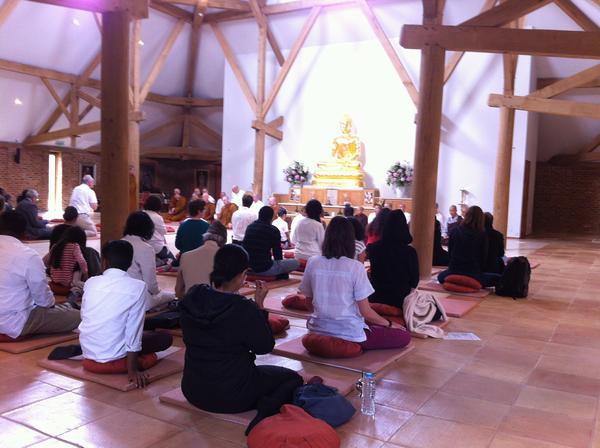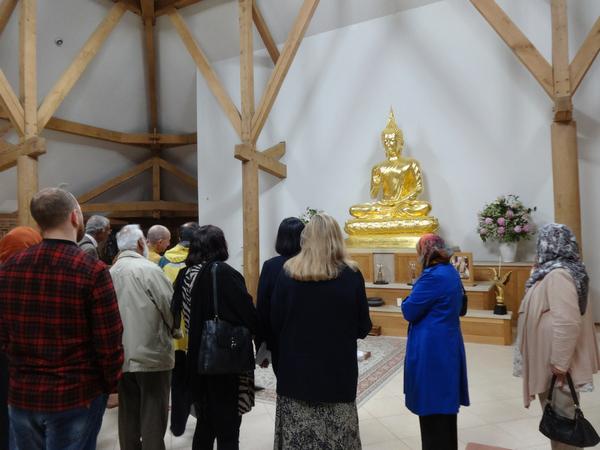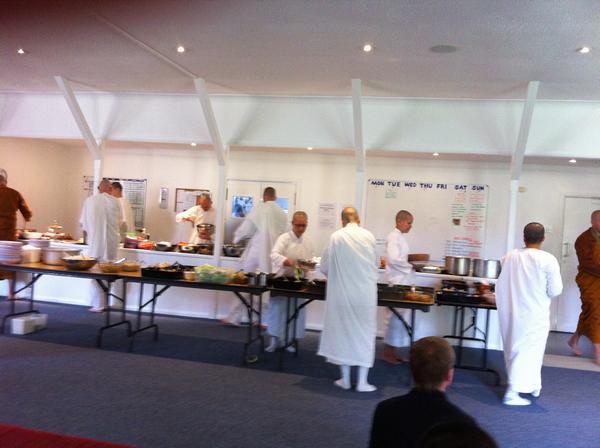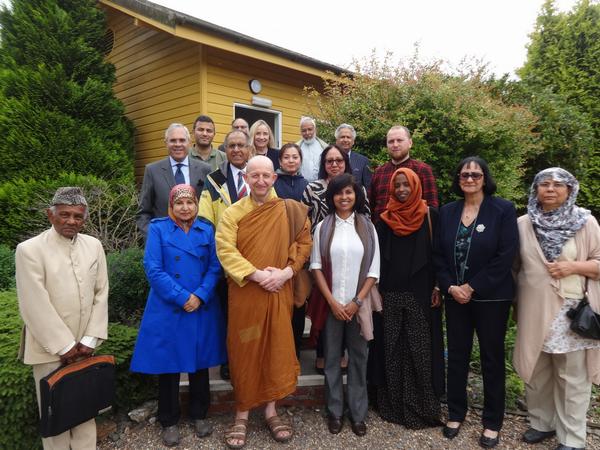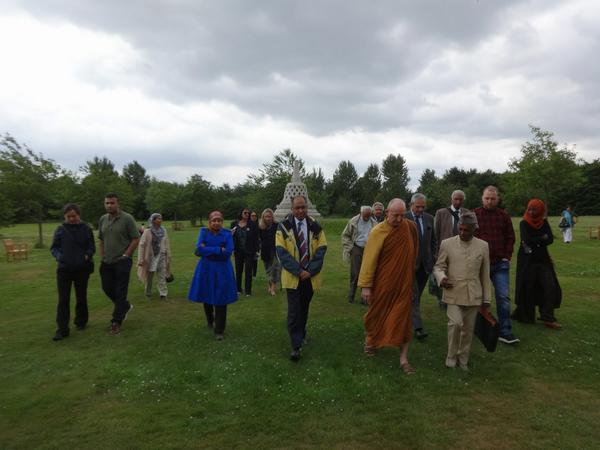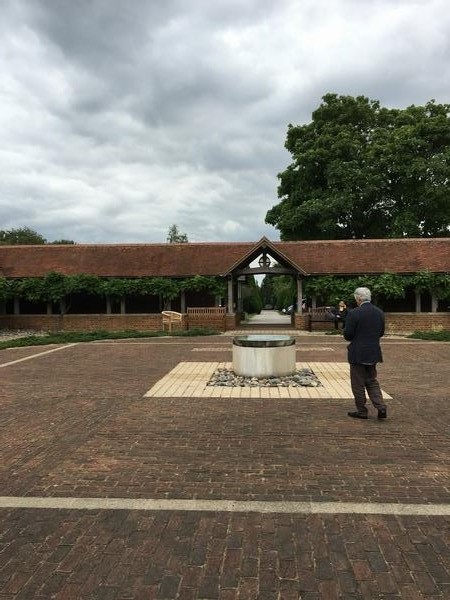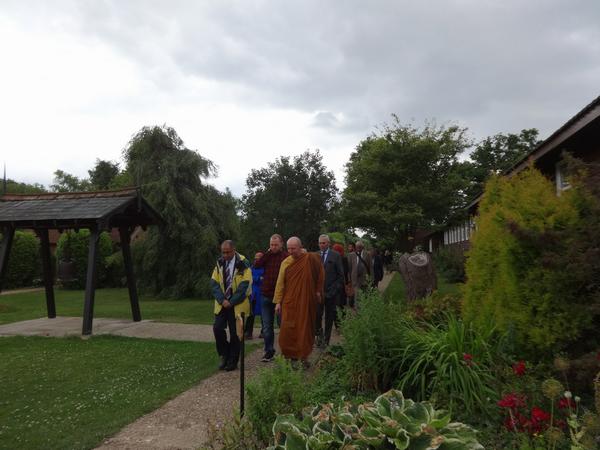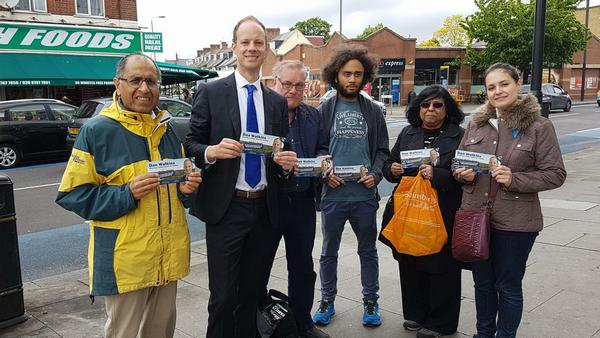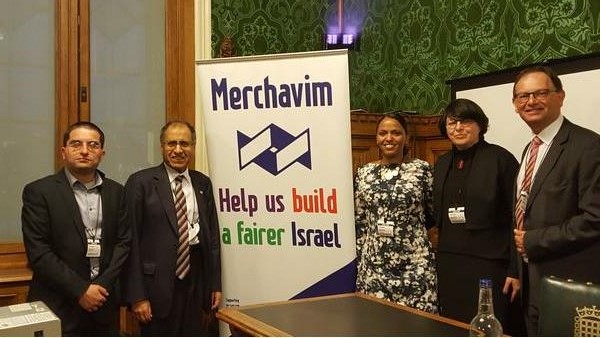The Lords Select Committee on Citizenship and Engagement was appointed on 29 June 2017 to consider citizenship and civic engagement, and to make recommendations. It is due to report by 31 March 2018.
Below are details of the Select Committee’s call for evidence, and a copy of the response submitted today by the Conservative Muslim Forum.
Call for evidence
The Committee has issued a call for evidence which is detailed on its website. For convenience, we have reproduced below the 12 specific asked in the call for evidence.
- What does citizenship and civic engagement mean in the 21st century? Why does it matter, and how does it relate to questions of identity?
- Citizenship is partly about membership and belonging. Are there ways we could strengthen people’s identity as citizens, whether they are citizens by birth or naturalisation? Could citizenship ceremonies or events throughout the educational process play a role? Should pride in being or becoming British be encouraged?
- Civic engagement can be seen as both a responsibility and a right of citizenship. Beyond the existing legal framework, should citizens have additional formal rights and responsibilities? How do you see the relationship between the two? Should they have the force of law individually or be presented as reciprocal duties between citizen and state? How should they be monitored and/or enforced?
- Do current laws encourage active political engagement? What are your views on changes to the franchise for national or local elections, including lowering the voting age? Should changes be made to the voting process or the voting registration process?
- What should be the role of education in teaching and encouraging good citizenship? At what stages, from primary school through to university, should it be (a) available, and (b) compulsory? Should there be any exemptions? Should there be more emphasis on political participation, both inside and outside classes? How effective is current teaching? Do the curriculum and the qualifications that are currently offered need amending?
- Do voluntary citizenship programmes such as the National Citizen Service do a good job of creating active citizens? Are they the right length? Should they be compulsory, and if so, when? Should they include a greater political element? Should they lead to a more public citizenship ceremony? Are they good value for money? What other routes exist for creating active citizens?
- How can society support civic engagement? What responsibility should central government, devolved and local governments, third sector organisations and the individual have for encouraging civic engagement? What can the Government and Parliament do to support civil society initiatives to increase civic engagement?
- What are the values that all of us who live in Britain should share and support? Can you identify any threats to these values, which affect the citizenship of, for instance, women or various minority groups? If so, how can their citizenship be strengthened?
- Why do so many communities and groups feel “left behind”? Are there any specific factors which act as barriers to active citizenship faced by different communities or groups – white, BME, young, old, rural, urban? How might these barriers be overcome?
- How do you see the relationship between citizenship and civic engagement on the one hand and social cohesion and integration on the other? What effect does the level of diversity in schools and workplaces have on integration in society as a whole? How can diversity and integration be increased concurrently?
- How important are levels of English proficiency for first and second generation immigrants and what could be done to increase them, including through support for ESOL classes? Are there particular barriers faced by newcomers to Britain? Could the naturalisation process, including the citizenship test, be improved and if so, how?
- Can you give examples of initiatives and role models that have helped promote a positive vision of British Citizenship within a tolerant and cohesive society?
Response from the Conservative Muslim Forum
8 September 2017
Clerk to the Select Committee on Citizenship and Civic Engagement
Committee Office
House of Lords
London SW1A 0PW
Sirs,
Call for Evidence by the Select Committee on Citizenship and Civic Engagement
The Executive Committee of the Conservative Muslim Forum attaches its response to the Committees call for evidence on Citizenship and Civic engagement.
The Conservative Muslim Forum (CMF) is an integral part of the Conservative Party. All CMF members are full members of the Party and we believe that the fundamental values of the Conservative Party such as recognising the importance of the family, scepticism of state control, a belief in private enterprise, low taxes and personal responsibility are values that appeal to British Muslims. Our aims and objectives can be found on our website at http://www.conservativemuslimforum.com/about-us/objectives
Respectfully,
Attic Rahman
Executive Member
For and on behalf of the Conservative Muslim Forum
Conservative Muslim Forum written response to a call for Evidence by the Select Committee on Citizenship and Civic Engagement
1 Being precise about terms
Citizenship and civic engagement are two separate issues and, an issue in their own right. Conflating them risks causing poor quality thinking.
1.1 Citizenship
Citizenship is an unavoidable legal concept that all states must deal with since the planet is divided into separate states, and each state must know which person are its citizens, and to be able to identify which foreign state a person may belong to. Some states permit dual citizenship while other states do not.
At its most fundamental, citizenship is purely a legal relationship. Becoming a citizen of the UK (whether by birth or naturalisation) gives an individual numerous legal rights set out in UK domestic law and in international law. At the same time, it causes the UK state to have certain rights over that individual such as the power to conscript that individual into the UK’s Armed Forces.
These legal relationships exist and continue irrespective of the attitude that the individual may have to the state. An individual who is completely alienated and who spies for a foreign power (such as the famous Cambridge spy ring) continues to be a citizen even though he may be guilty of treason.
The word citizenship is also used to describe and individuals psychological and emotional relationship with a state. However, it would be better to use alternative wording such as “active citizenship” or indeed “civic engagement” to avoid confusing a clear legal relationship with an emotional relationship that varies from person to person and may vary within one person over time.
1.2 Civic engagement
Civic engagement is an entirely separate issue from citizenship. One can be a citizen of a state without having any level of civic engagement with it. For example, by virtue of his birth CMF Chairman Mohammed Amin is a citizen of Pakistan although he last set foot in the country in 1952, and his civic engagement with Pakistan is essentially zero. Conversely a foreigner residing in the UK can be involved in civic engagement while having no right of citizenship. However, in order to help society, flourish in a peaceful and harmonious environment civic engagement should be encouraged and things taught should help people in practical ways.
Civic engagement is clearly a moral responsibility of all individuals. People who have a religious belief are normally required by their religious beliefs to have concern for the health and welfare of their fellow believers, but normally also to have concern for the rest of humanity. That is certainly the case with Judaism, Christianity and Islam. However, we risk going wrong when we attempt to codify moral responsibilities into law.
Civic engagement is in part about the way that an individual residing in a state (who may or may not be a citizen) engages with the organs of that state (for example by voting in elections). Perhaps much more importantly, civic engagement is also about how individuals residing in a state deal with fellow members of their society and become involved in civil society organisations, such as political parties, trade unions, think tanks, charities, religious organisations etc. Civic engagement is protean and dynamic by nature and not compulsory. This means that anyone can take part even if they are not a citizen. Globalisation and the rise of social media now means that one can be halfway around the world and still participate in civic life. Furthermore, civic engagement is means by which citizens shape and redefine the relationships between them and the government. This can take the form of referendums, elections or by protesting.
There is in practice some linkage between citizenship and civic engagement since those who don’t have citizenship rights can feel left out and excluded from society.
2 Promoting civic engagement
2.1 The role of education
Education plays a fundamental role in mentoring children from a young child into a good human being. Unfortunately, much of the educational system appears to have forgotten that with its obsessive focus on the transmission of factual information and commercially valuable skills.
At every stage of the educational system, focus is required to ensure that the education is contributing towards producing an individual who will be civically engaged and a “good citizen” in the classically understood meaning of that phrase.
It is with regret, recent evidence suggests the greatest impediment is the large-scale presence of left-wing teachers who are hostile to the state and hostile to civic engagement.
Good citizenship should be encouraged through the education system up to the age of 16 GCSEs. The education system does not actually ask you to think but rather to regurgitate facts.
As part of ‘good citizenship’ the CMF believes there should be more political engagement both in and outside the class. Politics controls and shapes the decisions we make through the policies and taxes that are implemented. As such, because it affects everyone it should be part of combined syllabus with citizenship.
2.1.1 In the classroom
The CMF proposes this could be implemented by enabling schools to put significant effort into developing debating societies so that pupils understand how to argue a point and learn how to see through poor quality arguments.
The CMF believes the curriculum should change so that it focuses on a smaller number of core subjects in order to create space for the teaching of active citizenship combined with history. It is impossible to teach more of something, without teaching less of something else.
The problem is that there is a general unwillingness to take tough decisions. An example is the level of outrage when the then Secretary of State for Education Michael Gove introduced the so-called English E-Bacc so that only a small number of specified subjects would count towards a particular league table for English schools. There were howls of outrage from teachers of subjects that were not included.
It is highly desirable that citizens of Britain should have a positive attitude to the state and a positive attitude to the generality of their fellow citizens. An essential part of this is appropriate teaching of history, which is why history in all countries is almost always the most contentious item in the school curriculum. In that regard, the Curriculum for Cohesion project which Mohammed Amin is a patron had much useful to say in its submission to the 2013 review of the National Curriculum for History. See their document “A Broader, Truer History for All” which can be downloaded via the link
http://curriculumforcohesion.org/read/submission-to-national-curriculum-review/
2.1.2 Out of the classroom
The National Citizenship Service has been a resounding success, notwithstanding its slow start. The writer Attic Rahmans’ daughter has recently attended an NCS programme which brings together many teenagers from all backgrounds all of whom are required to interact and solve problems through tasks which build on interaction and teamwork. Another example, is the Duke of Edinburgh awards. The CMF supports such programmes and, proposes more is done to encourage and support them.
Whether they should become compulsory, raises some very hard questions. For maximum effectiveness, citizenship programmes should be compulsory. Every Jewish citizen of Israel (apart from the Haredim which is a separate political issue) is required to serve in the Israeli Defense Force and this is a strong contributor to civic identification.
However, there is a significant cost involved, both in terms of direct government expenditure and in the lost earnings represented by the time spent during military service.
There would be much to be said for a six month compulsory UK National Citizen Service obligation, which took the individual away from their home and had them involved in social action combined with intensive absorption of history and political understanding. However, massive political objection can be expected to any such proposal.
2.2 Addressing the Electoral System
There is no panacea to achieving greater civic engagement. Instead, lots of specific actions are required at all levels of government. For example, many citizens live in constituencies which are very safe for either the Labour Party for the Conservative Party. It is perfectly rational for voters in such constituencies to not bother voting.
A change to the electoral system, preferably having larger multimember constituencies with the election being counted using the single transferable vote would dramatically change the situation because suddenly every vote would count. There were no longer be rational for any voter to not bother voting.
Similarly, some local authorities are dominated by one party or the other. Mohammed Amin lives in Manchester where every single councillor is a member of the Labour Party, and that has been the case for many years except when a Labour Party councillor defects for a limited period of time.
Accordingly, it is rational for voters in Manchester to abstain. A change in the electoral system to ensure that every vote mattered (as outlined above) would again produce a significant difference in voter turnout and in the engagement of voters.
2.3 Changing the voting age
As we mention above and elsewhere, political engagement should be encouraged from an early age, on the basis it invites debates and encourages participation in a process which has a fundamental effect on their lives and livelihood, both in the present and future.
The process from teaching in school to beyond the classroom can be put to effect, for example by lowering the voting age to 16. There is no evidence that today’s 16-17-year-olds are any less well-informed than many much older people who may have had very little education when young and added very little to it during their lives. Indeed, the opposite was shown to be true in the 2014 Scottish Independence Referendum. Another example, and we say with caution, is the overwhelming support for Jeremy Corbyn in the 2017 General Election. Both examples showed, the younger generation are very much interested in politics and have a desire to play a part. Such enthusiasm is a credit to society and, our political leaders should bear this in mind when they are next invited to a live TV debate.
Lowering the voting age is a positive step towards encouraging young people to get involved in the world around them at a young age which bodes well for the long term prosperity of the UK. It also strengthens democracy.
2.4 Creating more diverse schools and workplaces
Building civic engagement beyond narrow ethnic and religious groups requires making more diverse the environments where people spend most of their time.
As far as workplaces are concerned, the law against discrimination set out in the Equality Act 2010 is excellent. However specific changes in practice are required. For example, building on points that David Cameron and Theresa May have made before, the law should mandate name-blind recruitment application forms throughout not just the public sector but also the private sector.
Regarding schools, the most pernicious factor reducing diversity is the overwhelming weight given to geographical proximity when allocating school places. This leads to clustering by wealth around successful schools. Furthermore, it means that schools amplify existing geographical residential segregation.
The CMF suggests a specific change. For each state school, a particular radius should be specified (different within cities and rural areas). All applicants for places who live within that circular radius should be regarded as having equal geographical proximity. The school should also be given the obligation when allocating places to achieve a diverse pupil body that matches, as far as possible, all of the young people residing within the specified radius. This would significantly increase school diversity.
2.5 Learning from other countries
The UK could learn much from the way Countries such as the USA have always promoted allegiance to the country through their written Constitution.
Such allegiance is practically implemented through their education system – learning the national anthem and reading of America’s history; flying the national flag outside all public buildings and outside individuals’ homes etc. The UK, by contrast doesn’t have a codified written constitution and, takes no such steps to build a sense of allegiance.
3 Vulnerable groups
It is the CMF’s view, there are no ‘vulnerable groups’ when it comes to citizenship or civic engagement. We refer to an attack on ‘British’ values below – they are two distinct matters. The way to strengthen the citizenship of say for example, women or minority groups is the same way that we should strengthen the citizenship of every citizen. Ensuring that people can exercise their rights, using the full force of the law against those who deny people their rights, and appropriate citizenship education.
The CMF as a forum engaging with the BAME and Muslim population, finds those who feel “left behind” do so because:
- They feel a sense of entitlement. Most of those who express this sentiment are white British people who feel superior to ethnic minorities and superior to European migrants.
- They are aware that their economic circumstances do not match their sense of entitlement.
- Expressing resentment at being left behind is an easier course of action than making changes in their own lives that would improve their economic circumstances.
There may also be some amongst ethnic minorities who share the same three factors, but in general ethnic minorities do not feel the same sense of entitlement that is felt by some marginalised poor white British people.
Barriers to active citizenship, are primarily those of perception. For example, making the English language a mandatory requirement led to some resentment, although there are sound reasons for having such a requirement. The CMF believes part of the problem is that the government has spent too much time talking about the importance of learning English while reducing funding for the teaching of English outside the school environment.
It is important to provide English classes without charge to everyone living in the UK who wishes to access them. This is relevant particularly to newcomers to Britain who chose to take up citizenship. Encouraging them to take up learning to read, write and speak the English language is much better way to achieve a tolerant society, than an arduous citizenship test, which many people born and brought up in Britain may struggle to pass.
As another example, if someone believes that they will be discriminated against are not accepted into a group, they will often avoid even trying to join that group. Mohammed Amin suspects that this is the main reason why ethnic minorities are less well represented in mainstream political parties than are people who are white British. The same point applies to young people. With a Conservative Party that is on average somewhat geriatric, it may appear somewhat forbidding for a teenager to seek to join that party.
However, the perceptions of such ‘barriers’ can be overcome by (a) teaching young people to be more self-aware and to be more self-confident. As indicated earlier, the education system appears to place insufficient emphasis on this; and (b) encouraging and supporting integration of people from different backgrounds, culture, beliefs in shared values in a tolerant and cohesive society.
4 Citizen’s rights and responsibilities
The fundamental rights of British citizens arise from UK law – whether such rights emanate from primary legislation and/or the common law. In addition, British citizens also benefit from rights that are set out in key international documents such as the United Nations Universal Declaration of Human Rights and the European Convention on Human Rights. An example of why the ECHR is needed is that on many occasions British citizens have had to litigate under the ECHR because the UK state was attempting to deny them rights which it had promised under the ECHR to uphold.
The only legal duty a citizen owes the state is to obey the law – this is the primary obligation. Herein lay an argument for a list of “responsibilities”, for example, to pay all taxes due. However, this is nothing more than a repetition of what is already an obligation in law.
Everything beyond the primary obligation to obey the law, such as the moral responsibility to be civically engaged, and to care for other members of society, concerns things which are not suitable for legislation. Put simply, the rights of a human cannot be said, to be contingent upon their acceptance of responsibilities. A person has a right not to be tortured, regardless of whether he is generous to others or selfish, and indeed regardless of whether he is law-abiding or a criminal.
For these reasons, the CMF believes the state’s power to monitor and enforce must be limited to the law. We appreciate, the lines can sometimes be blurred when we consider the first priority of the state is to protect the nation and its people, both from threats within its territory and from elements who try to enter its territory. It is also right and proper however, in its exercise of such powers, the State must have regard to the rights of its citizens.
5 The voter registration system
The voting registration process and the voting process both need to balance two separate objectives. They need to be easy for the individual but at the same time they need to minimise the risk of fraud by the individual and also fraud by the state in the form of manipulation of the count.
6 British values
This is a very broad question. The Department for Education has published a list of values, and that list is reproduced below, quoting from the Department for Education’s model funding agreement for academies, September 2015 version:
“2.47. The Academy Trust must ensure the Academy actively promotes the fundamental British values of democracy, the rule of law, individual liberty, and mutual respect and tolerance of those with different faiths and beliefs.”
The list is fine although Mohammed Amin has explained at the link below why it is counter-productive calling them “British values.” Most fundamentally, there is nothing exclusively British about them and they are just as much French values, German values, American values or indeed Islamic values.
http://www.mohammedamin.com/Community issues/Theresa-May-March-2015/Home-Secretary-Extremism-speech-23-3-2015.html
However, one chooses to describe or ascribe to “British values”, the CMF believes citizens should learn to accept responsibility for their behaviour, show initiative, and to understand how they can contribute positively to the lives of those living and working in the locality and to society more widely. For example, encouraging respect for other people, cultures, traditions. But also, respect for democracy, our public institutions and democratic processes.
This should lead to a further tolerance and harmony between different cultural traditions through an appreciation for and respect for their own and other cultures.
While authorship of the quote is disputed, few would dispute that “the price of liberty is eternal vigilance.”
Our society’s values are today under threat from racist groups who seek to deny equality to ethnic minorities, religious bigots who seek to deny equality to adherents of minority religions such as Islam, anti-Semites, extremist Muslims seeking to impose a caliphate who vilify Muslims who vote in British elections, to name but a few. Such people are in the minority.
There are plenty of examples of role models promoting a positive vision of a tolerant and cohesive society, including the CMF’s President, Lord Sheikh and members of the Executive Board (although less well known), Sir Mo Farah, and our former and current Prime Ministers, David Cameron and Theresa May.
Conservative Muslim Forum
